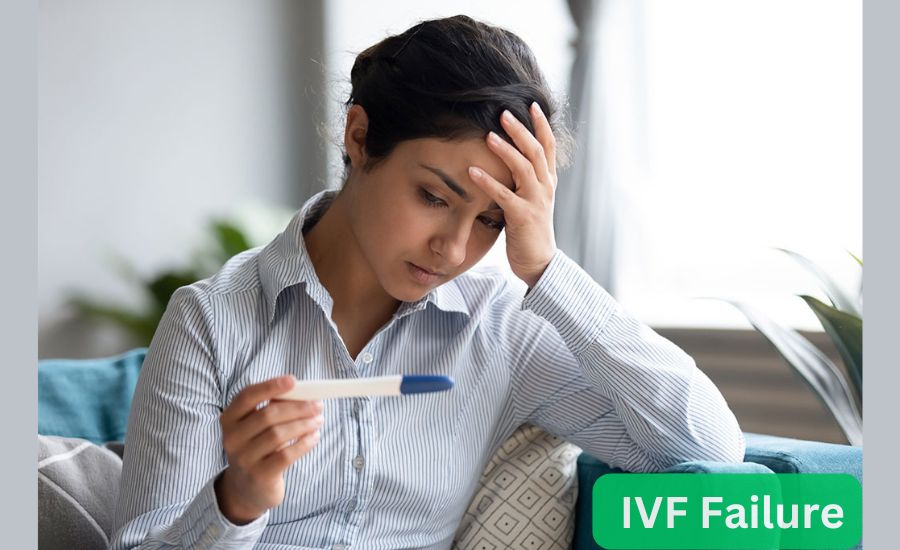While in vitro fertilization (IVF) has helped some couples achieve their dream of becoming parents, it is not uncommon for IVF cycles to fail. Understanding the steps to take after a failed IVF cycle will help you plan better for future attempts. Here is more information about what you can do after an IVF failure:
Take Time to Process Your Feelings
While you may want to start another IVF cycle immediately, take time to process the failed IVF first. You may experience emotions like anger, sadness, disappointment, and even hopelessness after the failed cycle. Acknowledging these emotions can help you cope better and move past the IVF failure. Talk to a grief counselor to help you navigate complex emotions and get training on coping mechanisms. Joining a support group can also help you heal, as it provides a safe space to talk about your feelings. A support group connects you with people who have gone through a similar experience.
Schedule an Appointment With Your Doctor
Schedule an appointment with your fertility specialist to get insights into why the IVF cycle may have failed. During your appointment, the doctor reviews every aspect of the IVF process. This includes your body’s response to the medication, egg quality, embryo development, and the transfer process. Your fertility doctor may recommend the following tests to identify the cause of implantation failure:
BCL6 Testing
BCL6 tests detect inflammation and other conditions affecting the uterine lining. Doctors perform the test during your implantation window to identify the presence of abnormalities in the endometrium that may have hindered the embryo from implanting successfully. The presence of BCL6 markers in the uterine lining can indicate conditions like endometriosis, endometritis, and progesterone resistance. All these conditions can cause IVF failure.
Endometrial Receptivity Assay (ERA)
The ERA test is a diagnostic evaluation of your uterine lining that determines when the endometrium is most receptive to implantation. The results of this test could provide clues as to whether your IVF specialist performed the implantation on a favorable day. With these test results, your doctor can freeze any remaining embryos you have and transfer them during your implantation window.
Sperm DNA Fragmentation Test
Fertility doctors use the sperm DNA fragmentation test to examine the integrity of your donor’s or partner’s sperm DNA. Sperm quality tests only check factors like sperm motility and shape, so even if your partner has normal sperm, it is necessary to examine the sperm’s DNA. A high level of sperm DNA fragmentation may lower fertility and implantation rates or contribute to miscarriages.
Determine Your Next Steps
Once you have your test results, you can decide whether to do another IVF cycle or undergo treatment first. If your specialist determines that another cycle could improve your chances of conceiving, schedule the next cycle at a time when you are mentally prepared for the procedure. Your specialist may recommend preimplantation genetic testing before embryo transfer to verify the embryo is likely to implant successfully. If another IVF cycle is not feasible, discuss options like surrogacy or sperm donation with your doctor.
Get Comprehensive Testing After IVF Failure
Experiencing an IVF failure can be painful, but the steps you take after the unsuccessful cycle can improve your chances of success during the next attempt. Take time to heal mentally and emotionally from the experience, then see your doctor for an evaluation. Before attempting another round of IVF, have your doctor perform comprehensive tests to identify factors like the BCL6 marker, which increases your chances of failing an IVF cycle. Understand all the factors that contribute to your IVF outcomes before proceeding with subsequent treatments.
Read Next: Discover Essential
